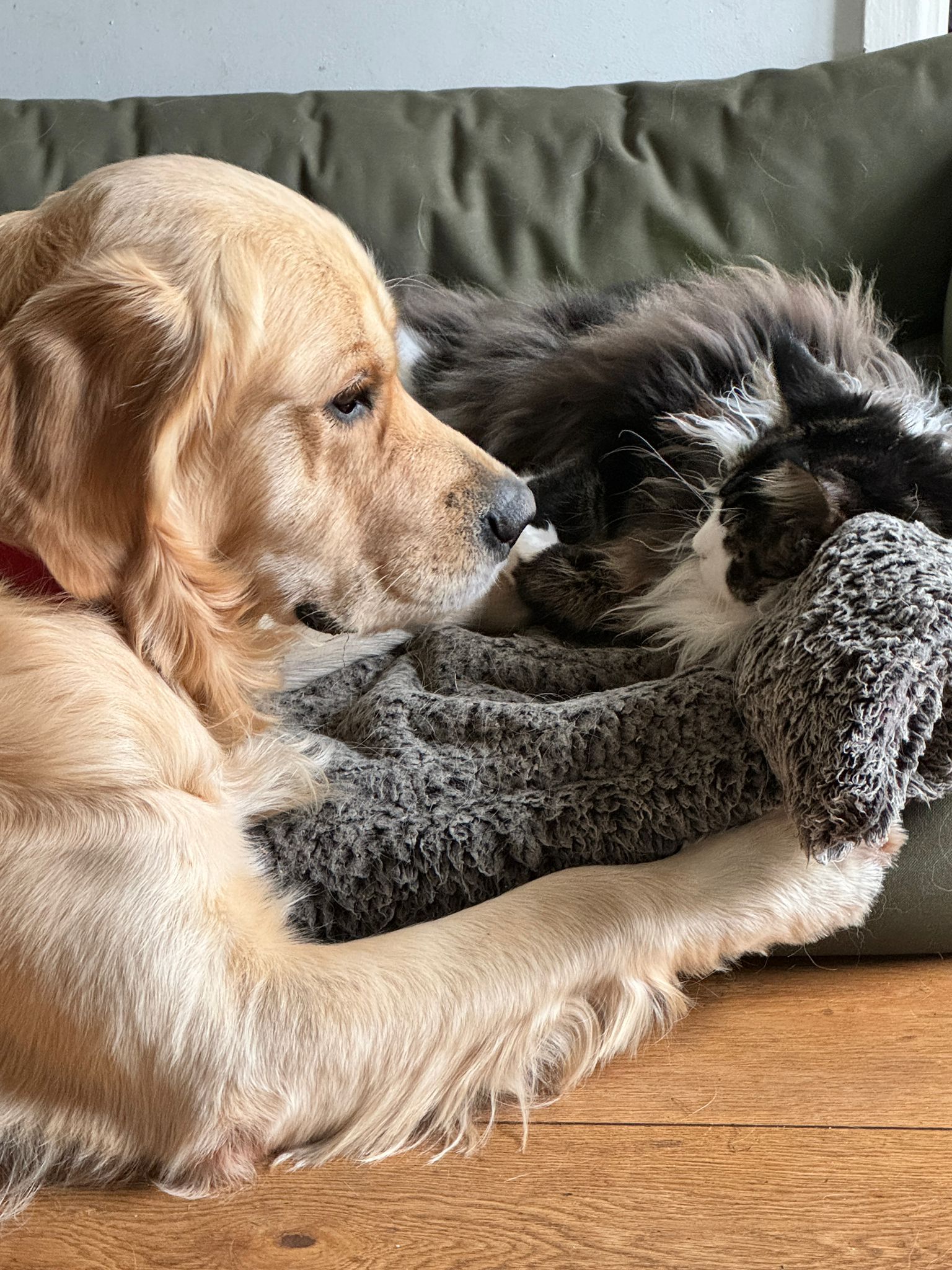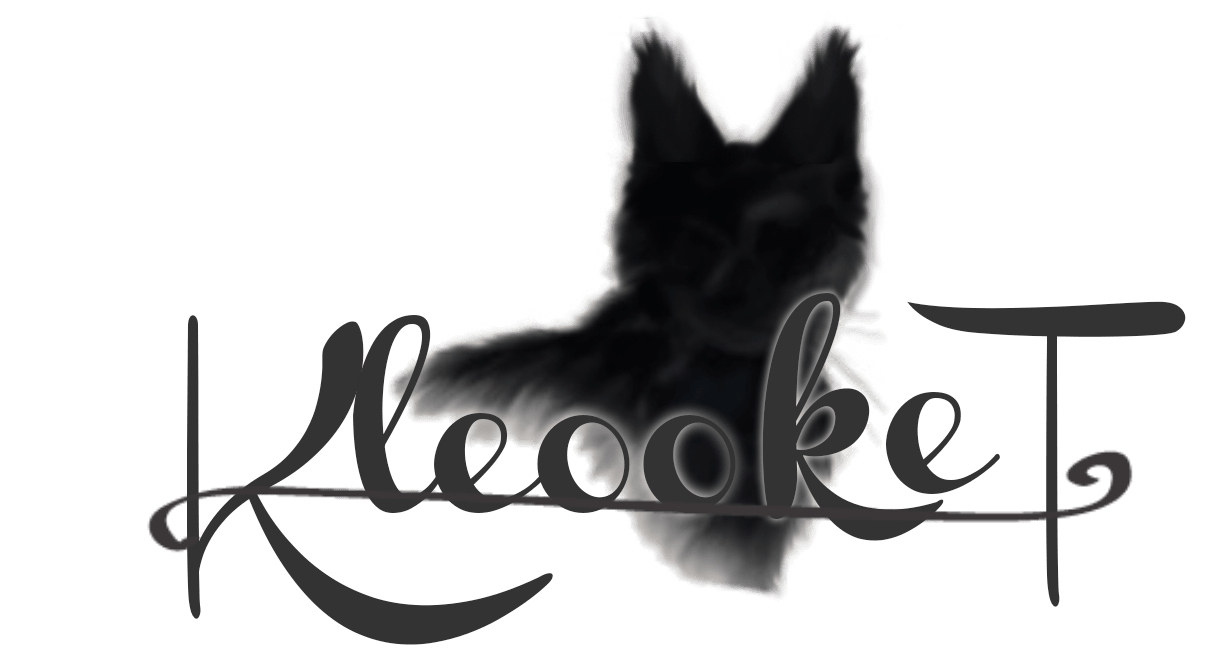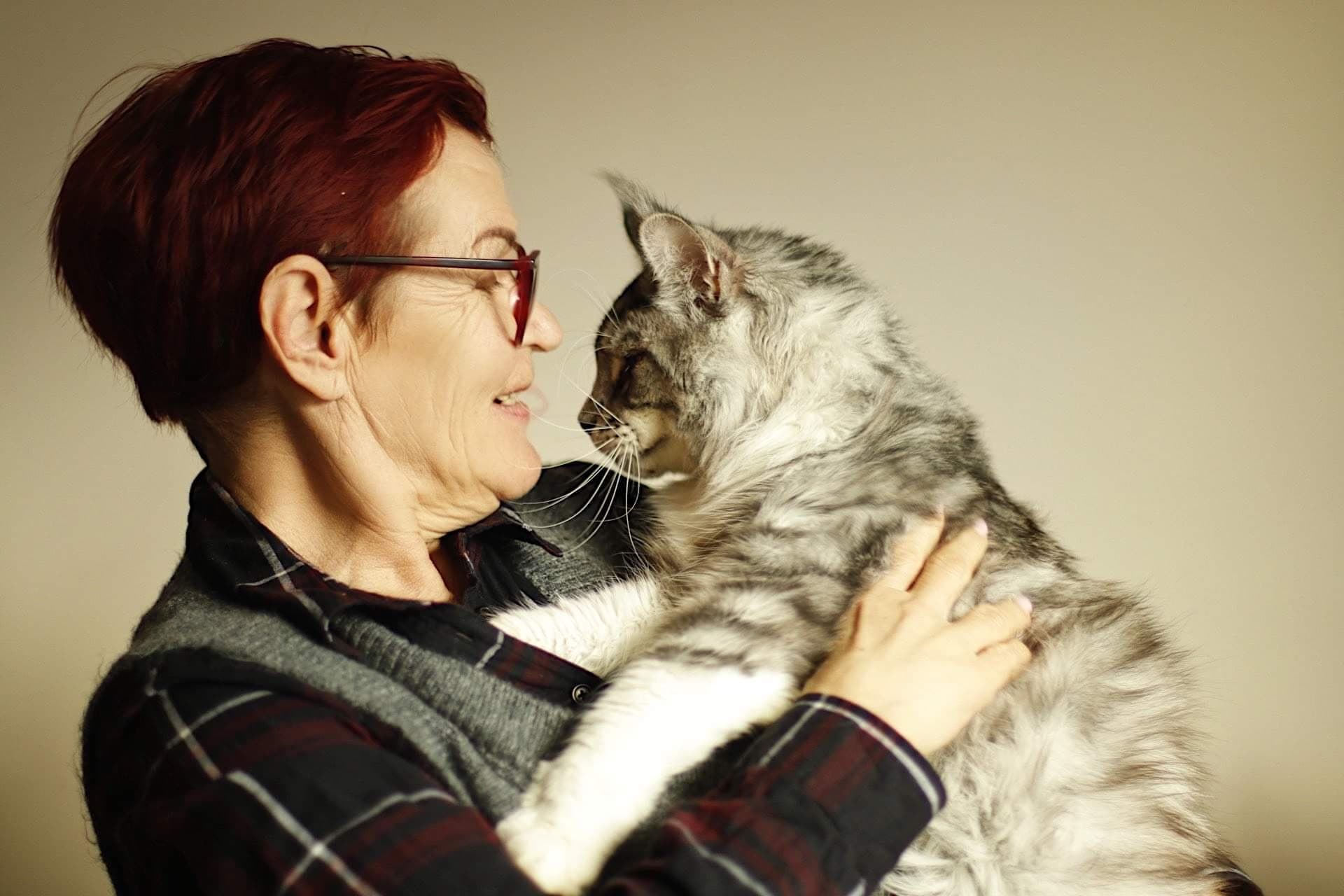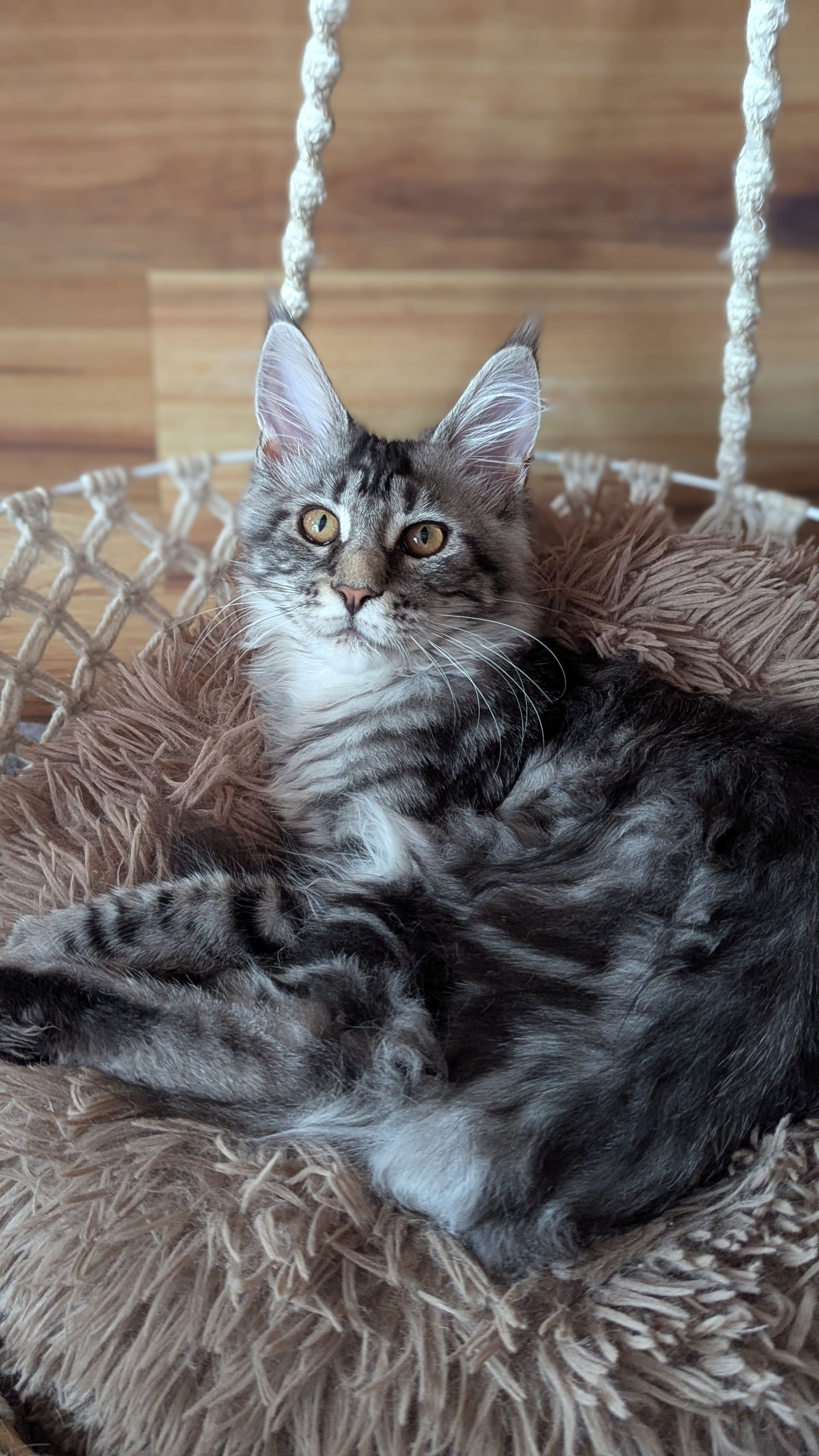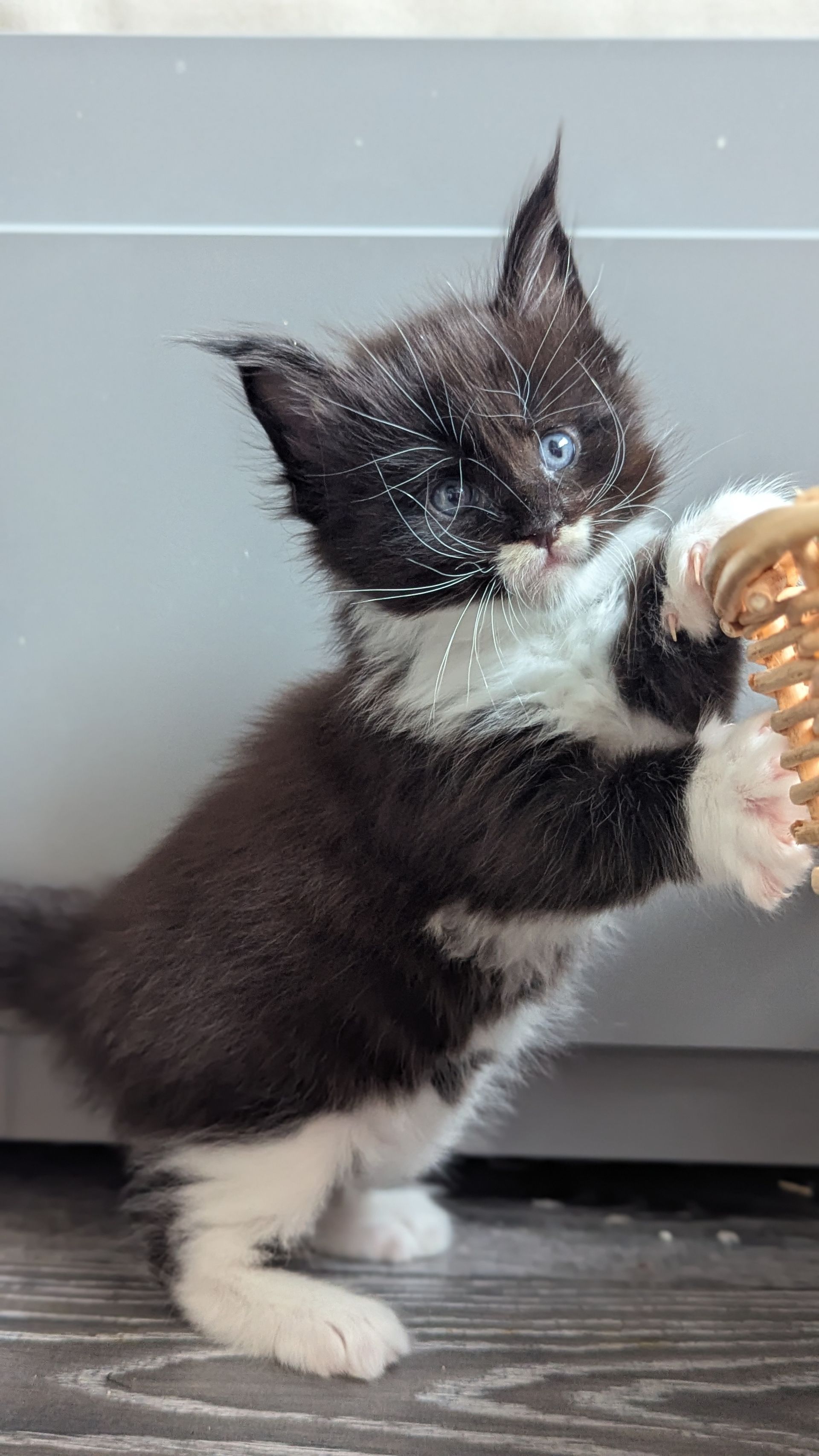Type , Size and Weight
The Maine Coon is a fantastic cat; it is no coincidence that many people, choosing a pet for themselves, opt for representatives of this breed. Maine Coons today are known for their rugged appearance, which includes uneven, shaggy coats with three different lengths in some areas and a powerful fluffy tail, which in difficult times in harsh climatic conditions helped to surround them with warmth to protect them from the cold. Maine Coons have large padded paws that allow these cats to walk on snow despite their size and weight. Large "insulated" ears with lynx tassels are also designed to keep warm. Strong, valiant and an excellent hunter, the Maine Coon quickly became an indispensable assistant to American farmers, protecting crops from rodent breeding. Their outgoing nature, gentle, affectionate and very peaceful, allowed them to make their way into homes, and they quickly became a pet in American homes. Maine Coons can reach a meter in length. Two cats of this breed are listed in the Guinness Book of Records: the cat Stewie with a length of 123 cm and the cat Leo with a length of 122 cm. Their weight ranges from five to ten kilograms. The Maine Coon impresses everyone with its size, which is not standard for a cat: this gives it a wild look, although they are very affectionate animals by nature. The growth of Maine Coons lasts up to five years: during this period, they need a balanced diet that will help preserve the exterior coat and maintain the health of the animals.
Males are slightly larger than the female cats: both can be walked on a leash. The distinctive features of the Maine Coon are powerful muscles, large straight ears with plumes (tufts of hair) at the ends and a characteristic muzzle, the shape of which is close to square. Large oval eyes can come in various shades, from yellow to copper to green to gold. The coat is not uniform: it is longer on the sides and back. Maine Coons also have a long fluffy tails. The most common Maine Coon colour is brown, while white, black and red are less common. The average weight of a male Maine Coon cat reaches 7–9 kilograms; the female cat's weight is 5–8 kilograms. The weight of castrated cats is 9-12 kilograms.
The following factors mainly influence the growth of the Maine Coon:
• Gender of the kitten. Maine Coon males are usually 2-3 kg larger than females.
• Weight of the mother cat. A larger mother allows for larger kittens.
• Nutrition. If a Maine Coon kitten does not have the opportunity to eat whenever hungry, he will lag behind in growth.
• Living conditions. As a rule, kittens are healthy, grow well, and develop in good conditions. The growth of a Maine Coon kitten can be slowed down by a change of residence or constant noise. So it is the breeder's responsibility to ensure the hygiene of the premises and exclude situations that can cause severe stress.
• Stress in the mother cat, including a sudden change in diet. If a cat experiences stress during the period of feeding kittens or if her diet changes dramatically, the milk's chemical composition changes, which may adversely affect the growth of Maine Coon kittens.
The fact that the weight of the Maine Coon can reach 20 kg is a myth. It is necessary to monitor the weight so that there is no obesity, which will lead to health problems.
ВИД, РАЗМЕРЫ И ВЕС
Мейн-кун – удивительная кошка, неслучайно многие люди, выбирая для себя питомца, останавливают свой выбор именно на представителях этой породы.
Мейн-куны сегодня известны грубоватым внешним видом, который включает в себя неровную, лохматую шерсть, имеющую на отдельных участках три различные длины и мощный пушистый хвост, который в трудные времена в суровых климатических условиях помогал окружить себя теплом и защитить от холода. Мейн-куны имеют большие лапы с шерстью на подушечках, которые позволяют этим кошкам ходить по снегу, несмотря на размер и вес. Большие «утепленные» рысьими кисточками уши также предназначены для сохранения тепла.
Крепкий, доблестный и отличный охотник, мейн-кун быстро стал незаменимым помощником американских фермеров, защищая урожай от размножения грызунов. Его общительный характер, мягкий, ласковый и очень миролюбивый, позволил ему пробраться в дома, и он быстро стал домашним животным в американских домах.
В длину мейн-куны могут достигать метра. Две кошки этой породы занесены в Книгу рекордов Гиннеса: кошка Стьюи с длиной 123 см и кот Лео с длиной 122 см. Их вес колеблется от пяти до десяти килограммов. Мейн-кун впечатляет всех своими размерами, которые нестандартны для кошки: это придает ему дикий вид, хотя по характеру это очень ласковые животные. Рост мейн-кунов продолжается до пяти лет: в этот период они нуждаются в сбалансированном питании, которое поможет выдержать экстерьер и сохранить здоровье животных.
Коты чуть крупнее кошек: и тех, и других можно выгуливать на поводке. Отличительными чертами мейн-куна являются мощная мускулатура, большие прямые уши с плюмажами (пучками волос) на концах и характерная морда, форма которой близка к квадратной. Большие овальные глаза могут иметь различные оттенки: от желтого до медного, от зеленого до золотистого. Шерстяной покров не равномерен: длиннее на боках и спине. Мейн-куны отличаются также длинным пушистым хвостом. Наиболее распространенной расцветкой мейн-кунов является коричневая, реже встречаются белый, черный и рыжий окрас.
Средний вес кота мейн-куна достигает 7–9 килограммов, вес кошки 5–8 килограммов. Вес кастрированных котов 9–12 килограммов.
На рост мейн-куна особенно влияют следующие факторы:
- Пол котенка. Самцы мейн-куна, как правило, на 2–3 кг крупнее самок.
- Вес кошки-матери. Чем она крупнее, тем больше весят котята мейн-куна.
- Питание. Если котенок мейн-куна не имеет возможности полноценно питаться, он будет отставать в росте.
- Условия жизни. Как правило, в хороших условиях котята здоровы и хорошо растут, и развиваются. Так что обязанность заводчика – обеспечивать гигиену помещения и исключить ситуации, которые могут вызвать сильный стресс. Рост котенка мейн-куна могут замедлить смена места жительства или постоянный шум.
- Стресс у кошки-матери, в том числе резкая смена рациона. Если кошка в период выкармливания котят испытывает стресс или если резко меняется ее рацион, химический состав молока меняется, а это может отрицательно сказаться на росте котят мейн-куна.
